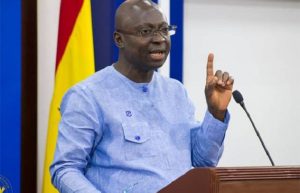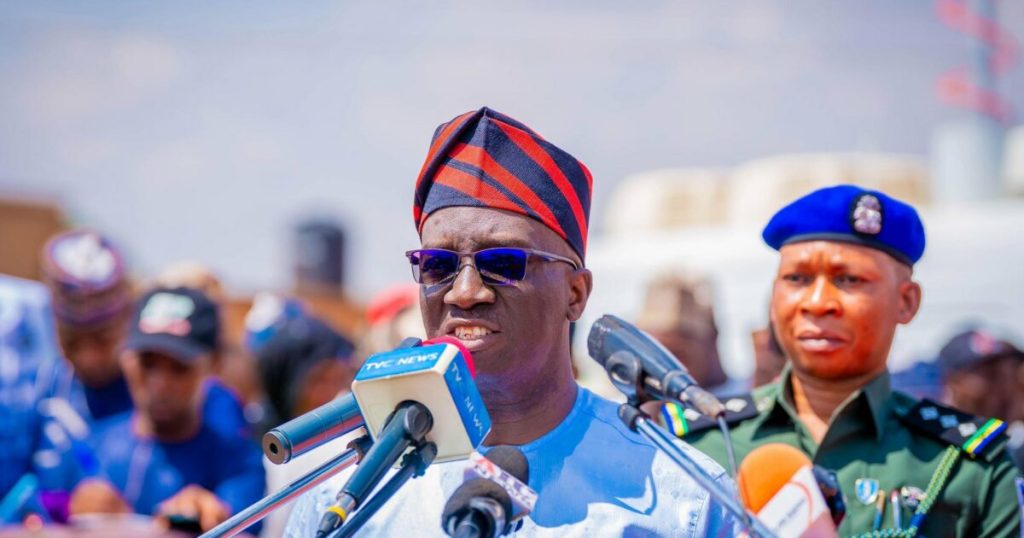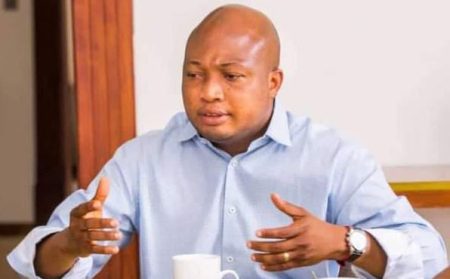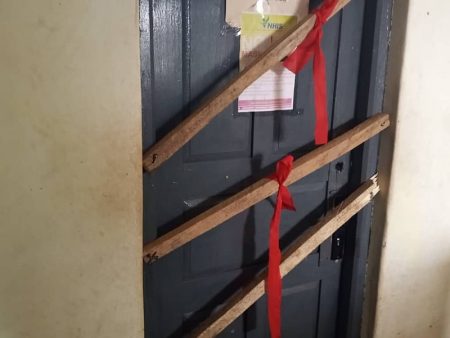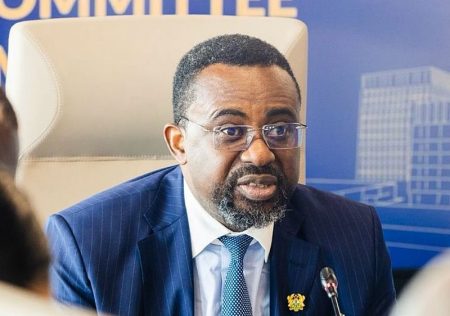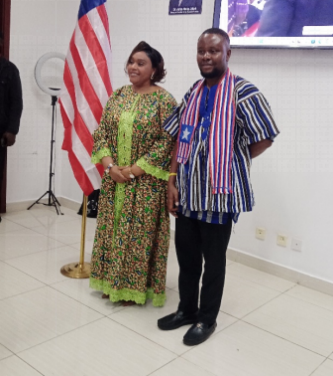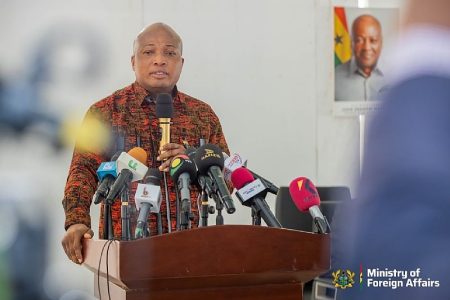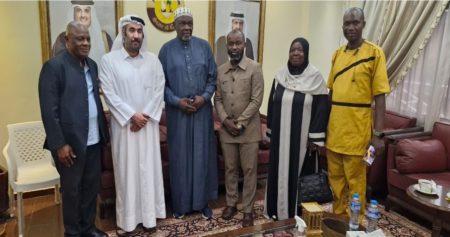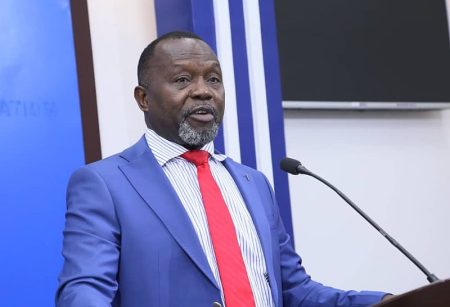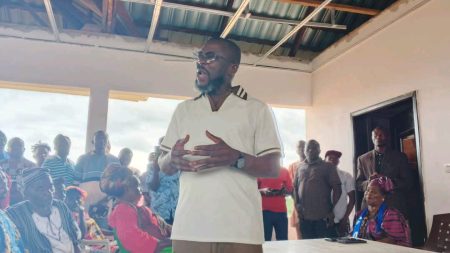The political landscape of Edo State has recently been enlivened by a contentious exchange between the ruling All Progressives Congress (APC) and the opposition Peoples Democratic Party (PDP) concerning the reconstruction of the Benin-Asaba Road, a vital artery connecting two major Nigerian states. The debate underscores the complex interplay between political maneuvering, infrastructure development, and the ongoing struggle for public perception in the state.
The controversy erupted following Governor Monday Okpebholo’s inspection of the ongoing road project, during which he commended the Federal Government’s commitment to its completion under President Bola Tinubu’s Renewed Hope Agenda. Governor Okpebholo’s appraisal, however, quickly drew fire from the PDP, who accused the APC-led administration of attempting to usurp credit for a project initiated and structured by the previous PDP government under former Governor Godwin Obaseki.
The PDP’s Caretaker Committee Publicity Secretary, Chris Nehikhare, argued that the Benin-Asaba Expressway reconstruction was a product of meticulous planning and strategic financial structuring by the Obaseki administration. He pointed to the N228 billion concession agreement signed in January 2024 with private sector partners, a testament, he claimed, to the PDP’s proactive approach to infrastructure development. This agreement, framed within the Federal Government’s Highway Development and Management Initiative, represented a Public-Private Partnership (PPP) designed to alleviate pressure on public finances while fostering long-term economic benefits for Edo State and Nigeria as a whole. Nehikhare characterized the APC’s claims as “political maneuvering” that jeopardized the timely execution of crucial infrastructure projects.
Responding to the PDP’s accusations, Governor Okpebholo, through his Chief Press Secretary, Fred Itua, countered that he inherited a legacy of dilapidated infrastructure from the previous PDP administration. He emphasized the dire condition of roads across the state, particularly in Edo Central, which he attributed to eight years of PDP governance. The governor underscored his commitment to rectifying this inherited infrastructure deficit, aligning his efforts with President Tinubu’s directive for governors to prioritize road rehabilitation within their respective states. He framed his actions as a direct response to the President’s call to action, emphasizing his dedication to addressing the infrastructure challenges facing Edo State.
The clashing narratives presented by the APC and the PDP highlight the politically charged atmosphere surrounding infrastructure development in Edo State. The APC portrays itself as a responsive and proactive administration committed to fulfilling the promises of the Renewed Hope Agenda, while the PDP seeks to remind the public of its past contributions to infrastructure development, accusing the APC of attempting to rewrite history. The Benin-Asaba Road project has thus become a symbolic battleground in the ongoing political contest between the two parties.
This dispute also raises critical questions about the continuity of government projects amidst political transitions. While the PDP emphasizes the importance of acknowledging the groundwork laid by previous administrations, the APC appears focused on projecting an image of decisive action and progress under its leadership. This tension between acknowledging past contributions and claiming credit for ongoing achievements is a recurring theme in political discourse, often obscuring the nuanced realities of infrastructure development, which typically involve multiple stakeholders and phases spanning different administrations. The Benin-Asaba Road saga serves as a microcosm of this broader dynamic, highlighting the challenges of balancing political posturing with the practicalities of governance and infrastructure delivery.



